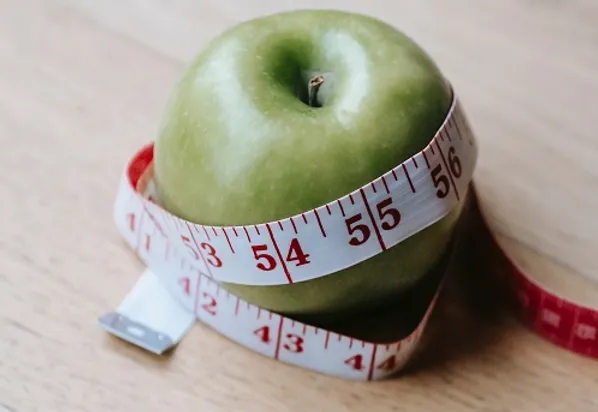Eating disorders are complex and often life-threatening mental health conditions that involve much more than food. They are typically rooted in deep emotional struggles, psychological distress, and societal pressure. Recovery requires a multifaceted approach—and one of the most essential allies on the journey is a registered dietitian.
Dietitians are not just experts in food—they are trained professionals who support individuals in building a healthier relationship with eating, body image, and nourishment. Here’s how dietitians play a vital role in the treatment of eating disorders.
🧠 Understanding Eating Disorders
Eating disorders can affect anyone—regardless of age, gender, body type, or background. Common types include:
-
Anorexia nervosa – restricting food intake due to fear of gaining weight
-
Bulimia nervosa – cycles of bingeing and purging
-
Binge eating disorder (BED) – eating large quantities of food with a sense of loss of control
-
Avoidant/restrictive food intake disorder (ARFID) – extreme pickiness or fear of eating certain foods
These disorders are not just about food. They’re often linked to low self-esteem, anxiety, depression, trauma, or societal pressure to meet unrealistic body ideals. Media portrayals of beauty and “clean eating” trends can exacerbate feelings of inadequacy, leading to harmful behaviors like food restriction, obsession with weight, or compulsive eating.
🥗 What Dietitians Do in Eating Disorder Recovery
Dietitians are a key part of a multidisciplinary treatment team, alongside therapists, physicians, and sometimes family members. Their role focuses on rebuilding a balanced, sustainable, and non-restrictive approach to nutrition.
1. Nutritional Assessment and History Review
A dietitian begins by exploring the patient’s eating patterns, food beliefs, and physical health. They identify disordered habits, nutritional deficiencies, and emotional triggers related to eating. This step is crucial in forming a personalized recovery plan.
2. Education and Reframing Food Beliefs
One of the biggest challenges in recovery is unlearning harmful food myths. Dietitians help individuals understand that:
-
Food is fuel, not the enemy
-
There is no such thing as “good” or “bad” food
-
Restriction can lead to bingeing and emotional distress
-
Balanced meals support both physical and mental health
They may explain the dangers of malnutrition, including fatigue, hormonal imbalances, organ damage, and worsened mental health symptoms. This education helps replace fear with facts.
3. Meal Planning and Behavior Monitoring
Dietitians develop customized meal plans that promote regular eating, proper nourishment, and flexibility. They track behaviors like restricting, bingeing, or purging, and adjust the plan based on physical and emotional progress.
Importantly, meal plans are not about dieting—they’re about healing. A tailored plan provides structure while working to eliminate guilt and anxiety associated with eating.
4. Family Support and Guidance
Recovery doesn’t happen in isolation. Dietitians often work with families to:
-
Encourage positive food environments at home
-
Plan meals and snacks that align with treatment goals
-
Eliminate triggering or unsafe foods when necessary
-
Provide emotional support and reinforce progress
Family involvement is especially critical for adolescents or individuals living with loved ones.
5. Collaborative Treatment Planning
Eating disorder recovery is most effective when medical, psychological, and nutritional care are aligned. Dietitians regularly communicate with:
-
Therapists, to coordinate emotional and behavioral goals
-
Primary care providers, to monitor physical health and lab results
-
Psychiatrists, when medication management is involved
-
Support systems, like family or caregivers, to maintain consistency
This team-based approach ensures that the patient’s needs are being addressed from every angle.
💡 Why Dietitians Matter in Eating Disorder Treatment
Eating disorders are not cured by willpower, shame, or rigid rules. They require understanding, compassion, and the right professional guidance. Dietitians offer:
-
Credible, evidence-based nutrition advice
-
Empathy and patience during setbacks
-
Ongoing encouragement to challenge disordered thoughts
-
Tools to rebuild a trusting relationship with food and body
They help patients restore physical health while also promoting psychological healing.
💬 Final Thoughts
Overcoming an eating disorder is not easy—but it is possible. Working with a registered dietitian who specializes in eating disorders can help individuals reclaim their strength, restore their health, and develop lifelong, healthy eating habits. If you or someone you love is struggling, know that support is out there—and recovery is within reach.


